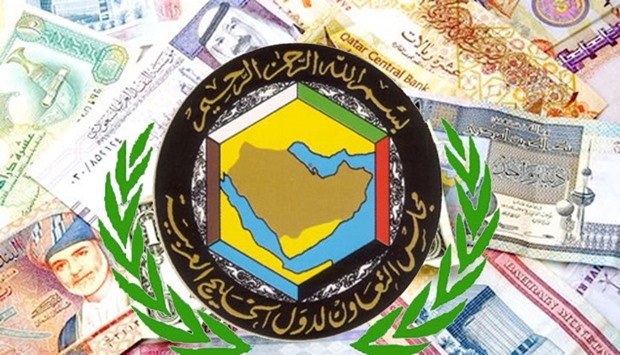Gulf Arab oil exporters are expected to see their budget deficits peak this year owing to the plunge in energy revenues, a report said on Tuesday.
The combined deficit of the six Gulf Cooperation Council (GCC) states is forecast to hit $153bn in 2016, up from $119bn last year, Kuwait's investment firm KAMCO Research said.
Opec kingpin Saudi Arabia is expected to account for 55%, or more than $84bn, of the shortfall.
Last year, the world's top crude exporter posted a record deficit of $98bn.
The GCC deficit will start easing from next year but the six nations are forecast to post an average annual shortfall of $100bn until 2021, the report said.
The GCC countries together pump more than 18mn barrels per day of crude oil.
GCC total revenues, mainly from hydrocarbons, dropped from a peak of $735bn in 2013 to just $443bn in 2015, the lowest in five years, KAMCO said.
They are forecast to slide further to $365bn this year, the report said.
Oil prices have plunged from well over $100 a barrel in mid-2014, dropping below $30 a barrel at the start of this year before recovering to the $40-50 range.
Crude prices slumped due to persistent oversupply and a sluggish global demand amid fierce competition among producers to preserve their market share.
The gloomy economic forecasts for the Gulf oil exporters come despite a series of austerity measures that included reducing subsidies on power, fuel and other services in a bid to cut spending and raise non-oil revenues.
GCC states cut their public spending from $615bn in 2014 to $563bn last year. A further drop to $519bn is expected this year, KAMCO said.
The International Monetary Fund has welcomed the austerity measures but warned that greater efforts are needed to plug budget deficits.

The GCC deficit will start easing from next year, says the report.
